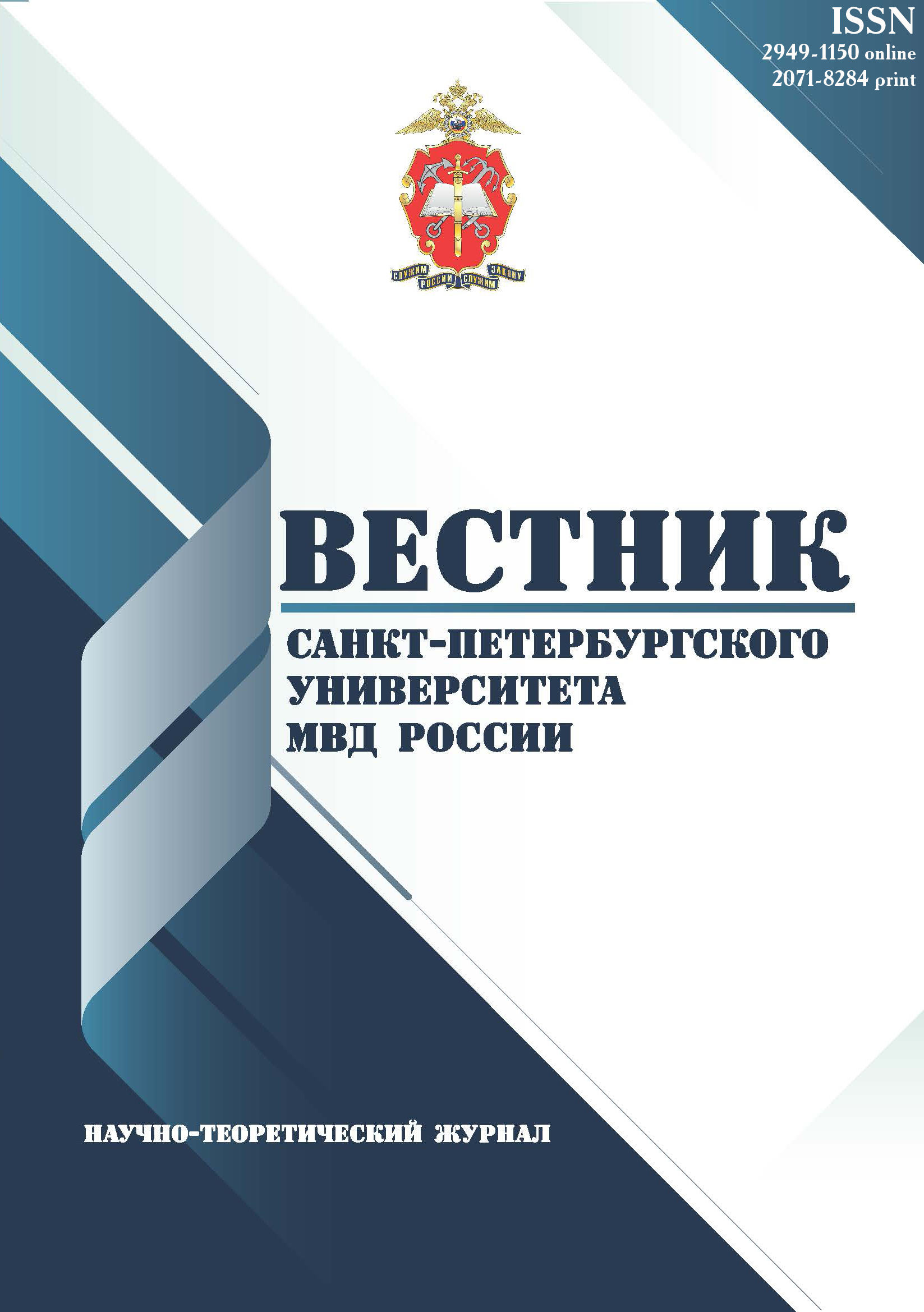Rostov-on-Don, Rostov-on-Don, Russian Federation
UDC 349.6
Introduction. The emergence of the doctrine of functions of law dates back to the end of the XIX – beginning of the XX century, when the first research of this category was published both in European and domestic legal science. Subsequently, in the Soviet legal literature, the greatest contribution to the theory of functions was made by T. N. Radko. He undertook a significant research on the functions of socialist law, created a concept of the general regularities and properties of the functions of law, manifesting themselves in branches and institutes of law. Since the 80s of the last century, along with the classical functions of law, the environmental function is increasingly mentioned. The continuing deterioration of the environment requires not only practical environmental protection measures, but also a deep scientific understanding of the mechanism of the impact of the functions of law on the behaviour of participants in environmental relations. Methods. The research of the functions of environmental law was carried out using a system of general scientific and special methods of cognition, reflecting the specificity of legal regulation of environmental relations. The following methods of scientific cognition were used in the paper: dialectical method; formal-legal method; comparative-legal method; method of system analysis; historical-legal method; method of legal modelling. Results. The functions of environmental law are a fundamental category that reveals the essence and social role of environmental law as a branch. Regulatory and protective functions, implemented through their sub-functions (restorative, punitive, prognostic, preventive, educational, informational, organisational, etc.), provide a comprehensive impact of law on environmental relations. Russian legal doctrine has developed various approaches to understanding and classifying the functions of law, which enriches the theory of environmental law and allows to deeply explore the peculiarities and regularities of legal regulation of the interaction between nature and society. The analysis of the functions of environmental law is not only of academic interest, but also of practical value, as it allows to identify the strengths and weaknesses of environmental legislation, to outline guidelines for its development.
regulatory function, protective function, environmental law, environmental education, responsibility, sub-function
1. Kindyashova A. S. Analiz ispol'zovaniya v sovetskoy yuridicheskoy nauke kategorii «funkcii prava» // Vestnik Tomskogo gosudarstvennogo pedagogicheskogo universiteta. 2007. № 9 (72). S. 90–92.
2. Petrov V. V. Ekologicheskaya funkciya prava // Sovetskoe gosudarstvo i pravo. 1982. № 5. S. 86–94.
3. Rad'ko T. N. Ponyatie i priznaki funkciy prava // Vestnik Akademii prava i upravleniya. 2016. № 3. S. 22–30.
4. Abramov A. I. Ponyatie funkcii prava // Zhurnal rossiyskogo prava. 2006. № 2 (110). S. 71–83.
5. Murzabekova Zh. T. Teoreticheskie aspekty funkciy ekologicheskogo prava // Nauchnyy al'manah. 2016. № 1-4 (15). S. 43–46. https://doi.org/10.17117/na.2016.01.04.043.
6. Kuvatova A. A. Ponyatie i suschnost' ekologicheskoy funkcii rossiyskogo prava // Prioritetnye nauchnye napravleniya: ot teorii k praktike. 2015. № 20-2. S. 155–159.
7. Vedyashkin S. V. Funkcii ekologicheskogo prava Rossii / Pravovye problemy ukrepleniya rossiyskoy gosudarstvennosti : sbornik statey / pod red. B. L. Haskel'berga. Tomsk : Izdatel'stvo Tomskogo universiteta, 2001. S. 214–217.
8. Rad'ko T. N. Ob ideologicheskoy funkcii prava // Vestnik Saratovskoy gosudarstvennoy yuridicheskoy akademii. 2013. № 4 (93). S. 72–78.
9. Ryzhenkov A. Ya. Funkcii grazhdanskogo prava: voprosy teorii // Probely v rossiyskom zakonodatel'stve. 2012. № 4. S. 44–49.
10. Gabitov R. H. Teoretiko-metodologicheskie aspekty funkciy ekologicheskogo prava // Evraziyskiy yuridicheskiy zhurnal. 2015. № 2 (81). S. 99–101.
11. Yalbulganov A. A. «Zelenaya» funkciya nalogovogo prava // Vestnik universiteta imeni O. E. Kutafina (MGYuA). 2023. № 7. S. 116–129. https://doi.org/10.17803/2311-5998.2023.107.7.116-129.
12. Hludeneva N. I. Regulyativnaya funkciya ekologicheskogo prava: problemy realizacii // Zhurnal rossiyskogo prava. 2016. № 12. S. 142–151. https://doi.org/10.12737/22732.
13. Vinogradova E. V. Konstitucionnye prioritety ekologicheskogo obrazovaniya i vospitaniya ekologicheskoy kul'tury – investicii v buduschee Rossii // Pravovaya politika i pravovaya zhizn'. 2022. № 3. S. 199–206. https://doi.org/10.24412/1608-8794-2022-3-199-206.
14. Ryzhenkov A. Ya. Organizacionno-pravovye i eticheskie aspekty ispol'zovaniya iskusstvennogo intellekta v obrazovatel'noy deyatel'nosti na yuridicheskih fakul'tetah v Rossii // Pravovoy poryadok i pravovye cennosti. 2025. T. 3, № 1. S. 9–18. https://doi.org/10.23947/2949-1843-2025-3-1-9-18.
15. Agamirov K. V. Yuridicheskoe prognozirovanie kak faktor sovershenstvovaniya rossiyskoy pravovoy sistemy // Zhurnal rossiyskogo prava. 2018. № 8 (260). S. 25–36. https://doi.org/10.12737/art_2018_8_3/
16. Ryzhenkov A. Ya. Principy gradostroitel'nogo prava : monografiya. Moskva : Yurlitinform, 2019. 174 s.
17. Lapshina O. S. Osnovnye podfunkcii ohranitel'noy funkcii prava // Biznes v zakone. 2010. № 4. S. 30–33.
18. Yang Y., Liang O. Digital economy, environmental regulation and green eco-efficiency – Empirical evidence from 285 cities in China // Frontiers in Environmental Science. 2023. Vol. 11. P. 1113293. https://doi.org/10.3389/fenvs.2023.1113293.














